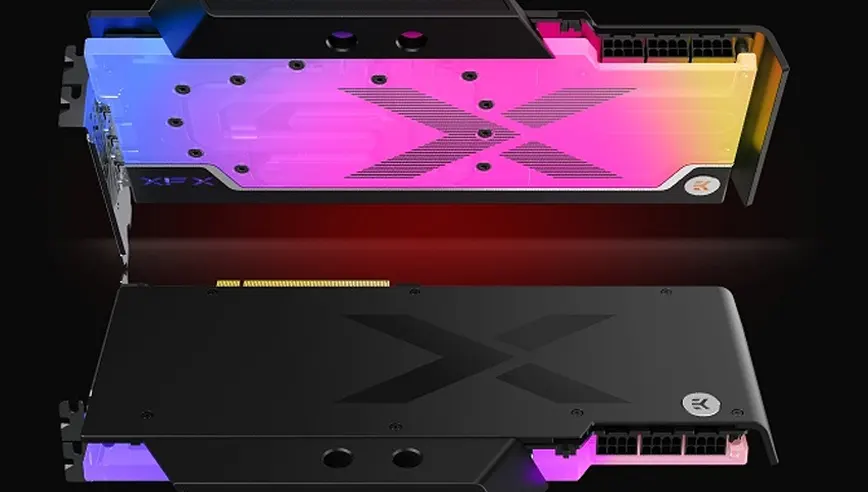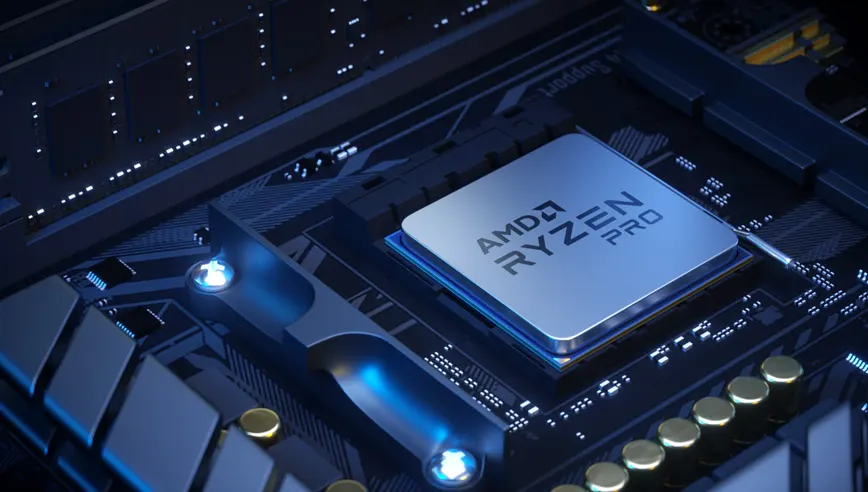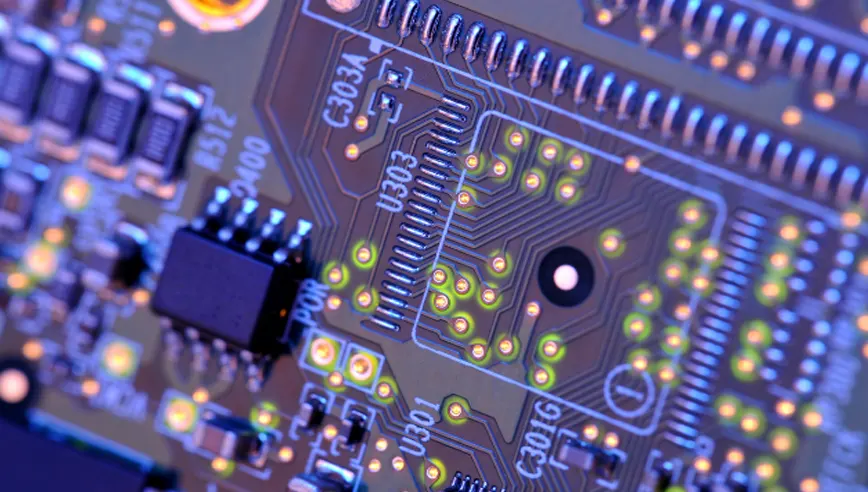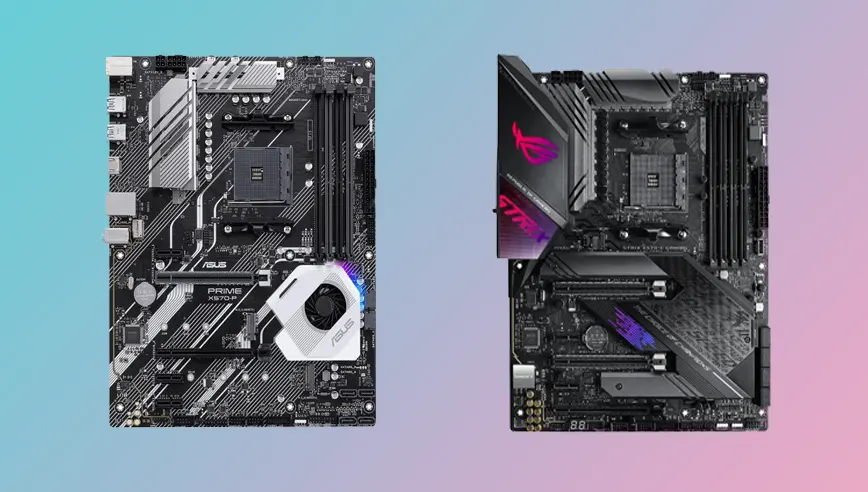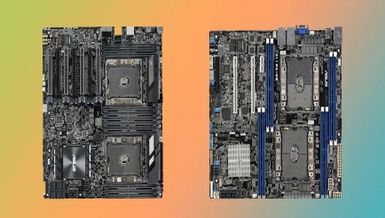Several factors make motherboards the most important component of any device. The one apparent reason they are so important is that you need them to run your other hardware like RAM, GPUs, etc., but motherboards are much more than that. A Motherboard also regulates the flow of electricity to each component and helps maintain an interface between each component. This helps the machine figure out which device is which. A motherboard is just as responsible as the rest of the PC parts, and they are not cheap or easy to get.
Although they do not die for any obvious reason, like electricity shortage or damage, other factors can slowly degrade your motherboard’s life. If your motherboard dies, you have to buy a new one as a replacement, which means a new chipset, a new socket for the CPU, and other things. You can get more life out of your PC motherboard by knowing these things. So let us look at How Long Do Motherboard Last and what things you should avoid doing to limit their lifespan.
Types of Motherboard:
At first, this may sound a little off-page, but by determining the type of your motherboard, you can get an estimate of its life span. There are only three types of motherboards that come in computers: low-budget ones, standard ones, and high-end ones. The quickest way to find out about your type of motherboard is by its price. The lower budget comes with a lower price tag, and the standard ones are the mid-range ones, whereas the high-end motherboards come with a higher price tag.
The motherboards that come with a low-price tag are not made of poor quality because that would give their manufacturer a bad name, so instead of that, the company tries to remove the components from it as much as possible, which costs more. Depending on your usage, a low-budget motherboard will usually last you more than three years. Using your motherboard carefully enough will last you more than three years.
On the other hand, these are the mid-range motherboards with the standard number of components and features. In these types of motherboards, quality is upgraded in terms of durability and premium things. You can also tell that by just looking at the motherboard, as they have metal plates with heatsinks and protective coverings on them. These motherboards are expected to last for 4-5 years, but that also depends upon the usage of the motherboard. If you are using it roughly, it will black out early.
Finally, we have the motherboard with high-end specs. Manufacturers make many claims and advertisements about motherboard power efficiency and delivery, as well as durability, and that is, of course, true. These motherboards are equipped with premium-quality high-end capacitors, transistors, and other components that help them last longer. The good thing about these motherboards is that even if you use them a little rough, they will still last you much longer. However, used too roughly, they will also die early.
How Long Can a Motherboard Be Used?
The simple explanation for this question depends on how you use it. As I mentioned previously, even a motherboard of lower build quality should last you at least 3-4 years, so you do not have to worry about them dying early so that they can be replaced.
Furthermore, this is not the only reason you should worry about using your motherboard. Every year, as the new hardware comes around with improved specifications, it does not mean that your previous hardware, like the CPU, is not worth any more. Your old CPU will still last you about 4-5 years, depending on how you use your PC.
If you are someone that puts much load on your hardware, meaning you do gaming or other stuff like video editing that requires high-end hardware, even then, you should change your hardware about two years later.
Furthermore, if neither of these is a concern and you want to use the motherboard for as long as it can last, you should take care of it by cleaning it and maintaining its temperature. Also, be sure to not use any lower quality materials with it.
What are the Causes for Motherboard To Die?
There can be a lot of different factors that can affect the lifespan of your motherboard, but the most obvious one is electricity. Motherboards help provide the proper flow of current to your hardware, so if by chance more current flows through your power supply, then it can not only fry up the motherboard but also a high chance that your other components will also get damaged.
The other primary reason for a motherboard to die is heating issues. Excessive temperatures are something that every PC or laptop user suffers from, which applies to all other components. So, if any part of your company is overheating, you should get it checked immediately before the damage worsens. Motherboards are the ones that experience it the most because the hardware attached to them makes them overheat because of their heat. As a result, always ensure that your motherboard operates at average temperatures.
Rough usage is another common factor for motherboards to get fried out. By carefully using your motherboard, you can easily avoid it.
How Long Can A Motherboard last Final Answer:
To sum it all up, the anwer to the question of How Long Do Motherboard Last depends it is deeply affected by how you use it, apart from other significant factors like excessive voltage, overheating, or bad quality products. So as long as you are taking good care of your motherboard and it still dies early, it can be due to a manufacturing fault or other problems listed above.

